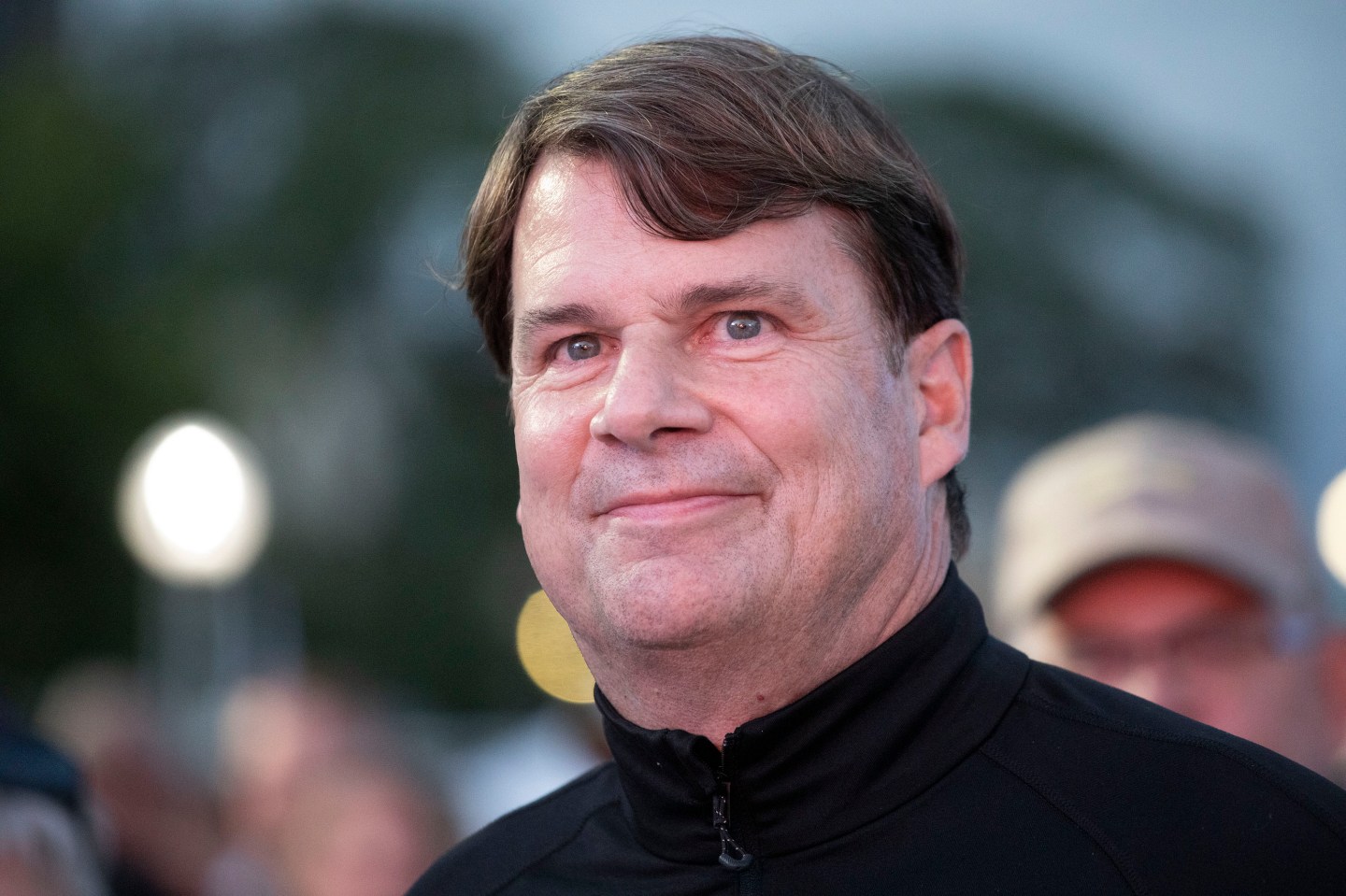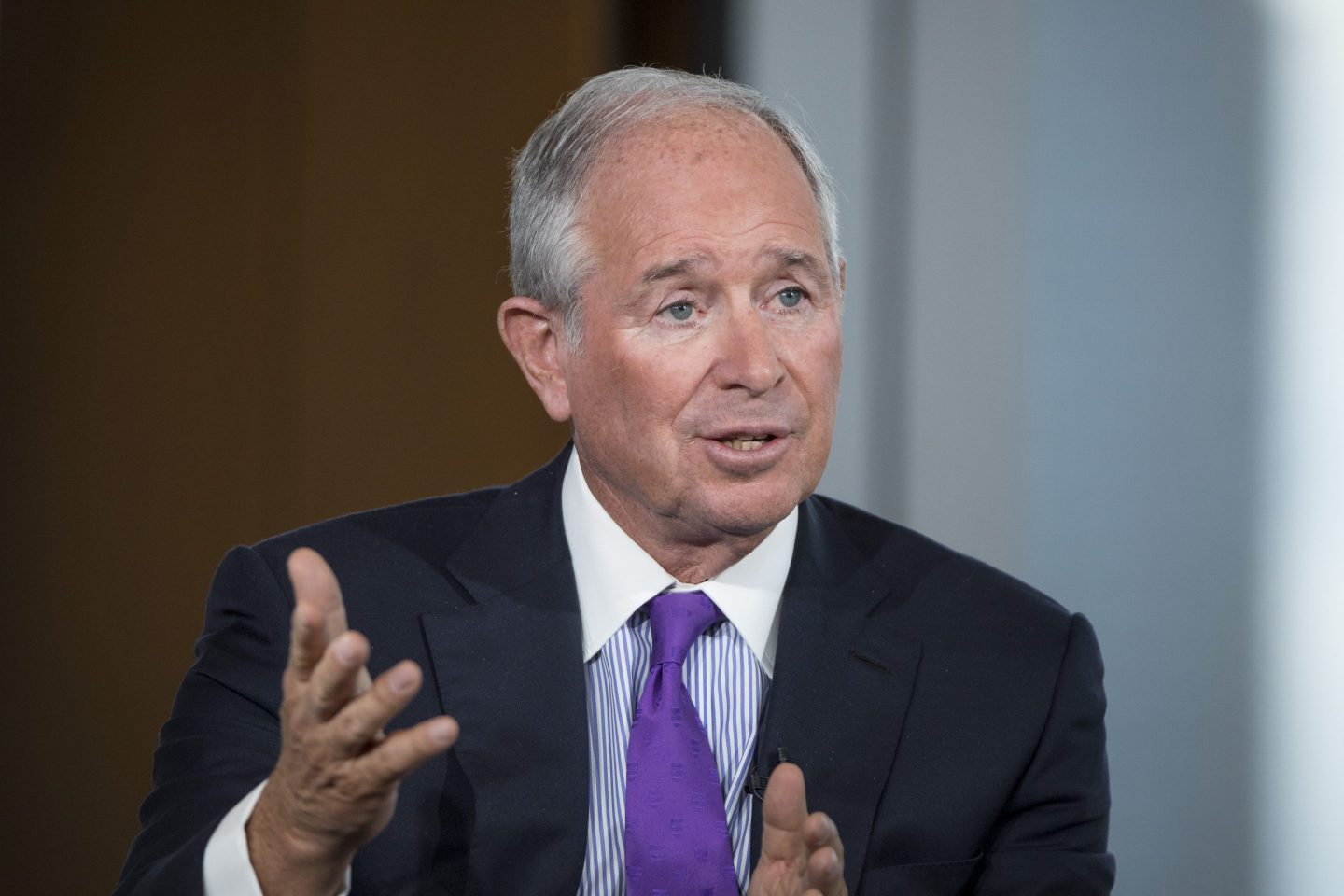Ford CEO Jim Farley is issuing a wake-up call to America: the country’s economic strength depends not just on the innovation hotspots of Silicon Valley, but on the everyday industries that get things “moved, built, or fixed.” In a series of recent commentaries and interviews, Farley has been highlighting the mounting crisis in the “essential economy”—sectors like manufacturing, skilled trades, and infrastructure—and outlines how automation and artificial intelligence threaten to upend the white-collar workforce while blue-collar fields face unprecedented shortages. In late August, he authored an op-ed for Yahoo Finance outlining ways to close the essential economy’s productivity gap.
Farley’s warning is twofold: as artificial intelligence rapidly advances, up to half of all white-collar jobs in the United States could disappear within the next decade. He’s echoing warnings from other business leaders, like Amazon CEO Andy Jassy and Anthropic CEO Dario Amodei, who forecast major reductions in corporate and entry-level jobs as AI systems increasingly handle coding, legal, and administrative tasks. Farley points out that many entry pathways for young professionals—such as junior programming and clerical positions—are at high risk as AI tools become more capable, potentially raising unemployment rates to historic highs.
“There’s more than one way to the American Dream, but our whole education system is focused on four-year [college] education,” Farley said during the Aspen Ideas Festival this summer. “Hiring an entry worker at a tech company has fallen 50% since 2019. Is that really where we want all of our kids to go? Artificial intelligence is gonna replace literally half of all white-collar workers in the U.S.”
The skilled trades gap
Contrast this with blue-collar and skilled trade sectors, where demand is booming but the labor supply is shrinking. Farley estimates the U.S. is already short around 600,000 factory workers and nearly half a million construction workers, with shortages projected to worsen as infrastructure and manufacturing investments grow. Despite a surge in U.S. manufacturing jobs—up nearly 3.8 million by 2033, according to Deloitte—the nation’s vocational education and apprenticeship programs remain outdated and underfunded.
Farley laments that America’s focus on four-year college degrees comes at the expense of trade careers—even though these jobs are now among the most secure and essential in a changing economy. He compares the U.S. unfavorably with countries like Germany, where apprenticeships and early skills training are the norm and help sustain a stable, highly trained workforce.
Ford’s response and Farley’s playbook
Faced with worker burnout and wage dissatisfaction, Farley—taking a lesson from Henry Ford’s historic wage-doubling move in 1914—pushed to convert temporary employees to full-time status faster, unlocking higher pay and benefits. This decision was both costly and controversial, but Farley insists it’s the only way to make industrial jobs attractive and financially viable for today’s youth. The move reflects broader disputes in the industry, including last year’s UAW strike, which highlighted deep worker resentment over slow wage growth and job insecurity.
While AI may decimate many office-based roles, Farley sees hope in the essential economy. He urges young Americans and policymakers to recognize skilled trades as a viable—and necessary—pathway to the American Dream. “We need a new mindset, one that recognizes the success and importance of this essential economy,” Farley recently told an audience.
He’s advocating for a national strategy: greater investment in vocational education, apprenticeship pipelines, and pro-trade policies to close the looming skills gap and secure the nation’s economic foundations. Only by revamping priorities across government, industry, and education, Farley argues, can the U.S. both cushion the blow of AI’s advance and restore vibrancy to the sectors that keep daily life running.
For this story, Fortune used generative AI to help with an initial draft. An editor verified the accuracy of the information before publishing.













